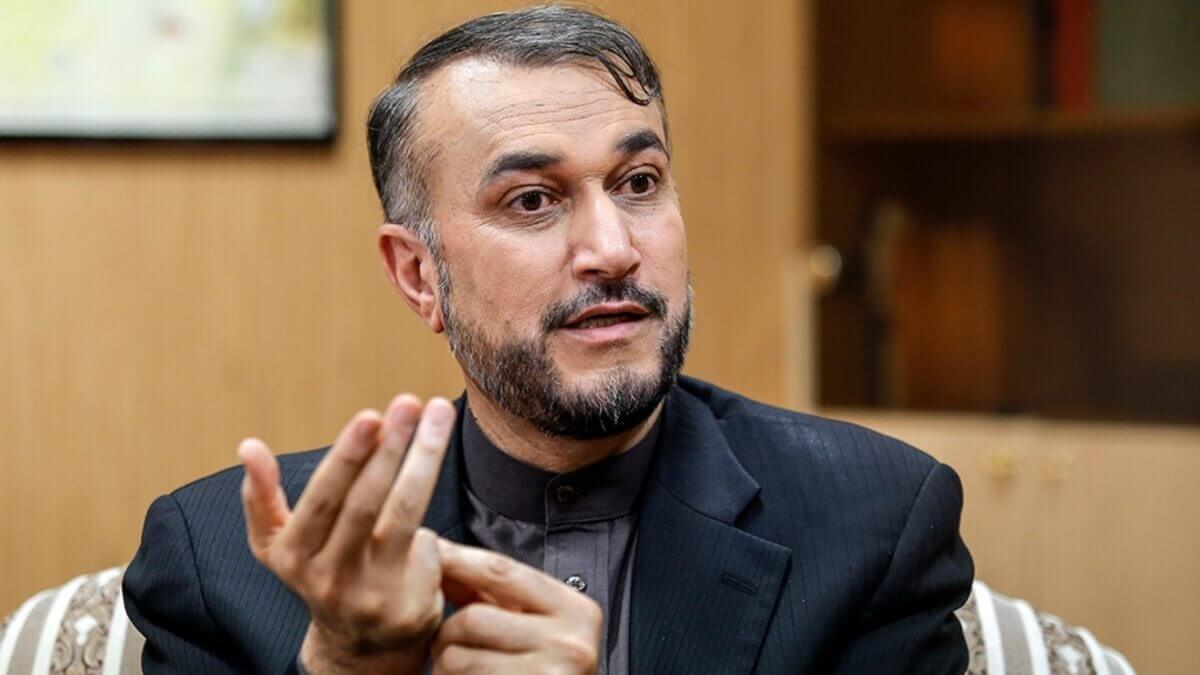During a telephonic conversation on Saturday, Indian External Affairs Minister S. Jaishankar and his Iranian counterpart Hossein Amir-Abdollahian discussed the need to facilitate the delivery of aid to Afghanistan, thereby bypassing Pakistan, which has been blocking the transit of Indian aid convoys.
India does not share a border with Afghanistan and has suspended all direct flights to the country, meaning that any aid it sends must pass through other countries. To this end, India delivered 500,000 doses of COVID-19 vaccines to Afghanistan via Iran on January 1.
While India has not officially recognised the Taliban as the legitimate authority in Afghanistan, it has begun releasing aid to the Afghan people. In fact, it delivered its third consignment of aid to Afghanistan on January 7 via Dubai. Similarly, it sent 1.6 tonnes of essential medicines through a special chartered flight on December 11; the aid was then distributed by the World Health Organization.
However, these efforts have been hampered by Pakistan, which continues to obstruct the delivery of much-needed aid to Afghanistan. It initially blocked the passage of Indian trucks carrying 50,000 tonnes of wheat. Although it has since allowed the wheat to be transported through Pakistan after weeks of delays, it has insisted that the wheat be shifted to Pakistani trucks while it is transiting through the country. India has rejected this conditionality, insisting that the aid must be transported using either Afghan or Indian trucks, as it is concerned that the consignment could be diverted if Pakistani trucks are used. India’s offer to send wheat via Pakistan was first made in October, indicating how Pakistani authorities have delayed the delivery of aid to crisis-torn Afghanistan.
India is one of the largest exporters of wheat to Afghanistan, which is heavily reliant on food aid to avert a nutritional crisis. In September, 3.8 million Afghans received food aid and 21,000 children and 10,000 women received treatment for acute malnutrition.
A wide ranging conversation with my Iranian colleague, FM @Amirabdolahian .
— Dr. S. Jaishankar (@DrSJaishankar) January 8, 2022
Discussed the difficulties of Covid, challenges in Afghanistan, prospects of Chabahar and complexities of the Iranian nuclear issue.
Although other aid and life-saving medicines can be sent through flights via Iran and other countries that continue to operate flights to Afghanistan, India insists that the volume and weight of the wheat it intends to send can only be delivered by road. However, with now Iran promising to help with the delivery of food aid, the wheat can be transported by sea via Iran’s Chabahar port.
The two sides have often discussed the need to co-operate on the Afghan crisis. For instance, Iranian National Security Advisor Ali Shamkhani attended the India-hosted meet on the Afghan crisis in November, wherein the participating countries highlighted the need to provide humanitarian assistance to the country.
During their talk on Saturday, Jaishankar and Abdollahian also discussed the progress on the development of the Chabahar port, which they aim to make a major transit port for the region. It is situated in Sistan-Balochistan in Iran, where India operates a critical terminal.
Furthermore, they also talked about ongoing nuclear talks in Vienna, where world powers are seeking to salvage the 2015 Joint Comprehensive Plan of Action, which became defunct after now-former United States President Donald Trump withdrew from the deal (citing non-compliance) and re-imposed sanctions back in 2018.
Speaking of the ongoing talks in Vienna, Abdollahian told Jaishankar the discussions are proceeding in the “right direction,” adding, “We have the necessary will to reach a good agreement in good faith, and if the Western side also has this goodwill and determination, we can reach a good agreement.”

